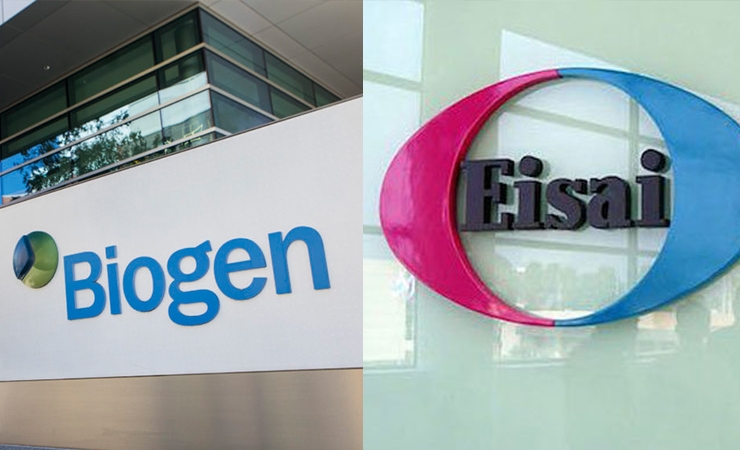
The point is often made that more than one hundred years after Alois Alzheimer’s first described the disease we can no more stop or slow the progression of Alzheimer’s today than we could at the start of the 20th century.
But perhaps this truism of repeated at conferences that has been uttered at conferences around the world is no longer so.
Biogen announced that it was filing for approval with the FDA for Aducanumab a drug it had developed with Eisai. This announcement, months after the clinical trial had been abandoned. The reason for renewed hope was a new analysis of a larger dataset showed that the drug reduced clinical decline in patients with early Alzheimer’s disease.
This exciting news doesn’t mean a treatment is coming to patients any time soon. But hope has been lacking; particularly after the Aducanumab there was a fear that the focus on amyloid was misplaced.
However even before the Biogen announcement this pessimism was misplaced. Clinical trial failure has obscured our slow but steady accumulation of understanding of the underlying biology of the brain and the progression of the disease. It has overshadowed the important progress in diagnostics and in the development of new biomarkers, both of which increase our potential ability to identify blood-based biomarkers over the next few years, which would be a major step forward in research and clinical practice.
The news from Biogen this week is not the first flash of light at the end; it merely underlines how much progress has been made in this field in recent years.
This progress has been made because of the significant increases in the funding of Alzheimer’s research– noticeably in the US. While many pharmaceutical companies withdrew from neuroscience some have remained committed. Many of them realise that we need many more shots on goal. Even if we now seem to have a shred more evidence that targeting amyloid may translate in clinical benefit, Alzheimer’s Disease is so much more than amyloid alone. We need to keep an open eye to all other options that are there to explore. Alongside public and industry funding, the not-for-profit sector and philanthropy have expanded their commitment to just do that. Funding has increased research and research has increased our knowledge. Increasing funding will also increase the need for new, young talented researchers entering this exciting field.
Evidence of Aducanumab’s efficacy signals how the dementia field will need to confront new challenges associated with the role out of treatments in the years ahead – not least issues such as woeful underdiagnosis. But today we need to increase funding for research, we need to improve data sharing and address some of the cultural and regulatory barriers that is holding back research and ensure we can effectively benefit from the potential of big data.
The exciting and encouraging news on Aducanumab is not a reason for hope. The progress in the field is a good reason for optimism and that is the story we need to tell to governments, funders and the public at large.
__________
Lenny Shallcross is Executive Director of the World Dementia Council